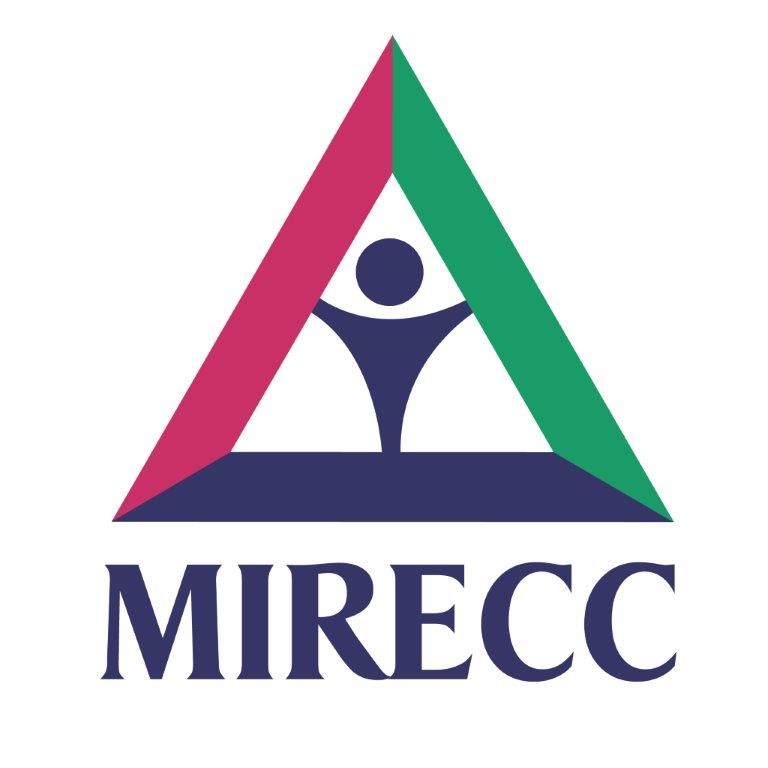MIRECC / CoE
Sierra Pacific Mental Illness Research, Education, and Clinical Center Advanced Fellowship Program


Advanced Fellowship Program in Mental Illness Research and Treatment brochure
The Sierra Pacific Mental Illness Research, Education, and Clinical Center (MIRECC) at VA Palo Alto is now accepting applications from Psychologists for its two-year Post-Doctoral Advanced Fellowship Program in Mental Illness Research and Treatment. The mission of the Sierra Pacific MIRECC is to build an integrated system of clinical, research, and educational efforts designed to improve the clinical care for aging veterans with dementias and with PTSD. Dementia and PTSD share common clinical symptoms including cognitive difficulties, sleep disorders, and agitation and the Sierra Pacific MIRECC aims to evaluate current approaches and develop new treatments for these clinical problems. As such, the Sierra Pacific MIRECC Fellowship provides specialized training in two emphasis areas: Geropsychology and PTSD
Fellows devote the majority of their time to patient-oriented research and education activities and 25% to direct patient clinical care. In collaboration with their mentors, Fellows will develop and implement a research project, publish and present findings, participate in grant writing, and utilize the latest technology for educational activities and clinical service delivery. The Sierra Pacific MIRECC is formally affiliated with Stanford University School of Medicine.
Applicants must have received a doctorate from an APA or CPA accredited graduate program in Clinical, Counseling, or Combined Psychology or PCSAS accredited Clinical Science program. Persons with a doctorate in another area of psychology who meet the APA or CPA criteria for respecialization training in Clinical, Counseling, or Combined Psychology are also eligible. Applicants must have also completed an APA or CPA accredited psychology internship program. Fellows must be U.S. citizens. The current annual postdoctoral fellowship stipend is $65,160.
In order to apply to our fellowship program, you must submit via email the required application elements listed below. The fellowship brochure is updated in the fall of each year and can be accessed through the Sierra Pacific MIRECC’s website (https://www.mirecc.va.gov/visn21/fellowship.asp).
This year the due date will be November 22, 2024. All application materials must be received by us on or before this date.
- A signed letter of interest that details your previous educational, clinical, and research experiences; your areas of clinical and research interest and its alignment with the MIRECC emphasis area(s) and mission; specific clinical and research goals for your fellowship; and your career goals.
- A current curriculum vitae
- A work sample, such a published manuscript on which you are first author or other written product that highlights your work relevant to the identified emphasis area
- Three signed letters of recommendation. One of these letters must be from your primary research mentor.
Further information can be obtained by contacting the Fellowship Director preferably by email at JenniferKaci.Fairchild@va.gov or at (650) 493-5000 X 63432.
Sierra Pacific MIRECC Fellowship Faculty Interests
Sherry Beaudreau, PhD, ABPP: late life subsyndromal psychiatric symptoms and cognitive impairment; behavioral interventions with a strong interest in problem solving therapy; predictors of treatment response; male sexual dysfunction and sleep disorders
Tim Durazzo, PhD: Evaluation of repetitive transcranial magnet stimulation (rTMS) for treatment for alcohol use disorders; neurobiological and neurocognitive predictors of relapse in alcohol/substance use disorders; neurobiological and neurocognitive consequences of cigarette smoking
Andrea Goldstein-Piekarski, PhD: to identify novel sleep and neuroimaging related biomarkers of treatment response; use of machine learning; transdiagnostic subtypes of dysfunction; advanced neuroimaging and computational methods to examine the role of sleep physiology in psychopathology across lifespan
Kaci Fairchild, PhD, ABPP: effects of physical activity on cognitive function; psychosocial interventions for dementia and TBI caregivers; biological and neuropsychological mechanisms of physical exercise; cognitive training; neurolopgical sequalae of Long COVID
Corey Keller, MD, PhD: neuroimaging; electrophysiological techniques; brain plasticity; transdiagnostic personalized brain stimulation
Michelle Madore, PhD: environmental and biological influences on brain function, mood regulation, and cognition; neurostimulation (e.g., rTMS); clinical neuropsychology
Claudia Padula, PhD: providing novel, innovative, and exciting science to improve treatment outcomes for Veterans with addiction; use of multimodal brain imaging techniques, cognitive and neuropsychological measures, socio-demographic and clinical information in personalized medicine
Julie Weitlauf, PhD: women Veteran’s physical and mental health; impact of interpersonal violence and PTSD on psychosocial functioning; preventative women’s health care; factors associated with women’s peri- and post-menopausal health and mortality risks
Leanne Williams, PhD: advanced imaging and computational approaches (e.g., MRI, EEG; genomics; tests of emotional and cognitive performance); neural mechanisms of mental illness; translational medicine; predictors of treatment response
Jamie Zeitzer, PhD: effects of light on human health; artificial lighting and circadian system, alertness centers, and mood regulators; role of circadian and sleep systems in brain-based diseases including Alzheimer’s disease, breast cancer, SCI, PTSD, and TBI



















